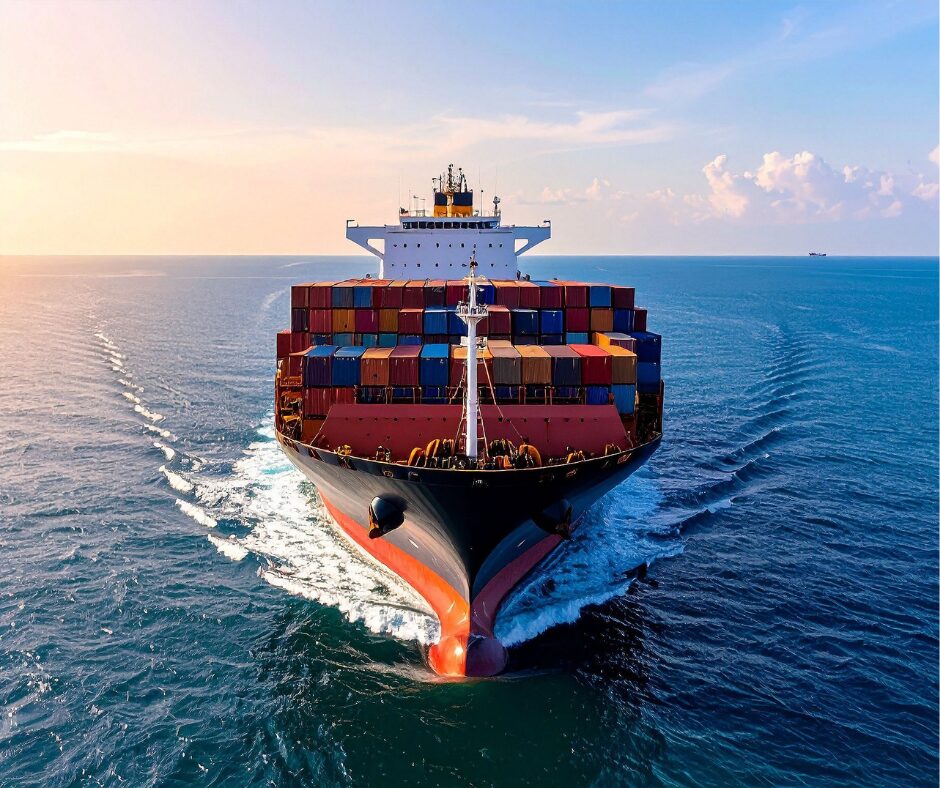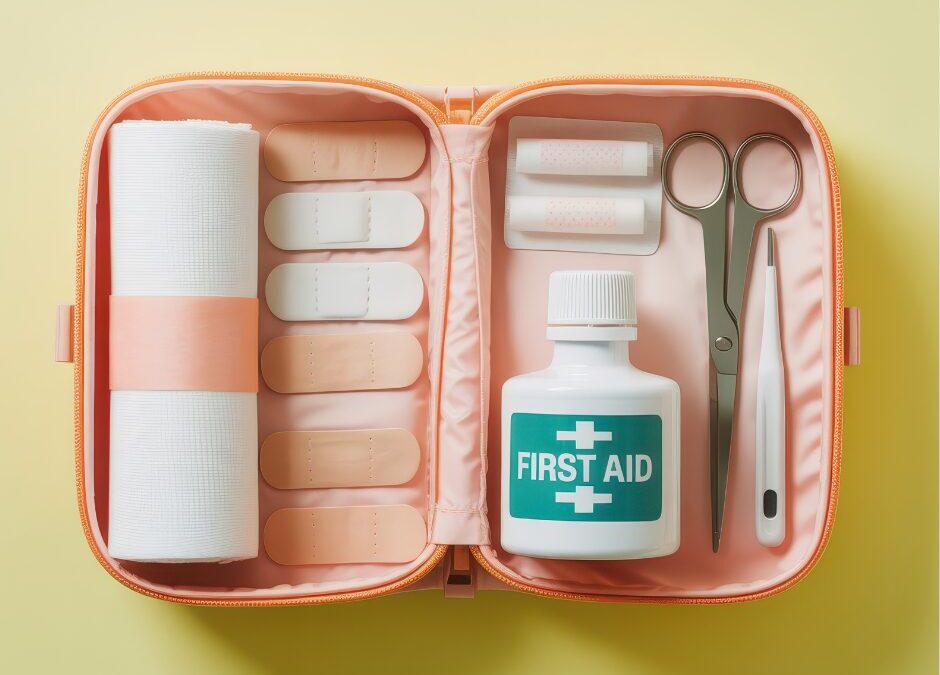
Oxygen at Sea: Why Every Vessel Needs Reliable Onboard Supply
November 4, 2025Out at sea, isolation is not merely geographic. It can quickly turn medical. When a member of a ship’s crew gets sick or injured several hundred miles from a shore facility, access to care is not a luxury but a necessity. The mere fact of having a medical kit onboard is therefore insufficient. Medical preparedness today is a complete system of equipment, support, and preventive planning.
A standard first-aid kit can handle minor cuts, burns, or sore heads. What about a person who gets chest pain, a serious gash, or mental distress? Naval activities pose special medical hazards ranging from injuries in closed-in machinery spaces to chronic mental stressors. Sophisticated ships require more than bandages and antiseptics. They require real-time access to expertise and lifesaving devices.
Integration Is the New Standard
Good shipboard medicine is based upon integration. A ship requires more than equipment. It requires a system. The proper medical kit should integrate telemedicine assistance, facilitate remote diagnostics, and include a continuum of care. The continuum includes inventory management, equipment maintenance, drug management, and skilled personnel. Without them, even the best-appointed kit is a liability.
The Function of Telemedicine at Sea
Telemedicine has also simplified the process. Vessels can now communicate immediately with shore-based doctors who, in turn, can instruct onboard first-responders how best to deal with emergencies. But the vessel must have the right equipment. That means having diagnostic equipment, communications equipment in good condition, and a kit matching the protocol. When the whole system works in sync, the time of the response decreases and the outcomes improve.
Promoting Crew Mental Health
Mental health at sea can’t wait any longer. The prolonged sea time, isolation, and high-pressure work environment take their toll on the crew. Anxiety, depression, and burnout are possibilities and can impair safety and performance. Mental readiness is part of a genuine medical readiness plan in the form of shipboard training or off-site counseling access.
Oxygen and Emergency Response
Oxygen supply is a similarly underrated commodity. Few medical kits have adequate storage for handling the kind of breathing emergencies encountered at sea. In remote sea operations, the delay in the use of oxygen therapy can convert a manageable accident into a fatal one. It is imperative for long-range ships to carry a properly maintained oxygen system with backup supplies and qualified operatives.
Compliance Is Not EnoughMental
Next is the issue of compliance. The sea law requires certain medical provisions onboard in terms of inventory, marking, storing, and training of the crew. However, compliance does not make the equipment effective. A ship can comply with regulations and yet not be ready for genuine emergencies. That is why having a partner who understands the larger picture is essential.
Readiness Begins Before the Emergency
Not merely what you have in a disaster, but what you do before one. Kit inspection at regular intervals, expiration dating, drills by the crew, and maintenance of medical staff or officers trained in current procedures. A neatly equipped medical kit about which no one has the first idea how to use it is as useful as one that is empty.
Why Unimed Makes the Difference?
Unimed specializes in making this complexity simple. Instead of managing multiple vendors, ship operators can rely on a single trusted provider to supply, support, and oversee their entire medical readiness system. This includes custom-built medical kits, telemedicine integration, crew health support, compliance documentation, and global logistics.
Support When You’re Far From Help
That level of service is especially valuable for fleets that operate in remote waters. When you’re days away from the nearest port, having a responsive partner on standby can mean the difference between crisis and control. Unimed ensures consistency across vessels and rapid resupply when needed.
Military Preparedness Enhances Operations
Medical preparedness also increases operational effectiveness. A battle-ready ship can avoid unnecessary diversions, reduce insurance claims, and improve crew retention. When the crew is satisfied they are taken care of and covered, they have better morale. That security translates into better concentration, fewer accidents, and smooth operations.
One Size Doesn’t Fit All
Each ship is distinct. Offshore supply ships, cruise ships, cargo ships, and fishing trawlers have distinct challenges. So medical kits need to be customized and not standard. Unimed analyzes the ship’s risk profile and creates a solution tailored to the level best suited. From the prescription lists of medicines and the response procedures, everything is in sync.
Readiness Is Also Risk Management
There is also a financial element. It costs money today for better medical preparedness in order to prevent much larger expenses later. Emergency evacuations, delays, fines, and damage to reputation are very expensive. A good medical system is not merely safe. It’s also good risk management.
In a Nutshell: Think Outside the Box
Ultimately, a medical kit should remain the final line of defense, not the exclusive one. Actual readiness is about preparing in advance, inextricably integrating systems, and having world-class support at hand when it counts the most. Vessels can be a long way from shore, yet with the right partner, they’re never too far from care.
Partner with Unimed for End-to-End Shipboard Medical Coverage, from State-of-the-Art Medical Kits to Worldwide Support and Compliance Verification. Call us today and begin crafting a safer, healthier sea-going tomorrow.

